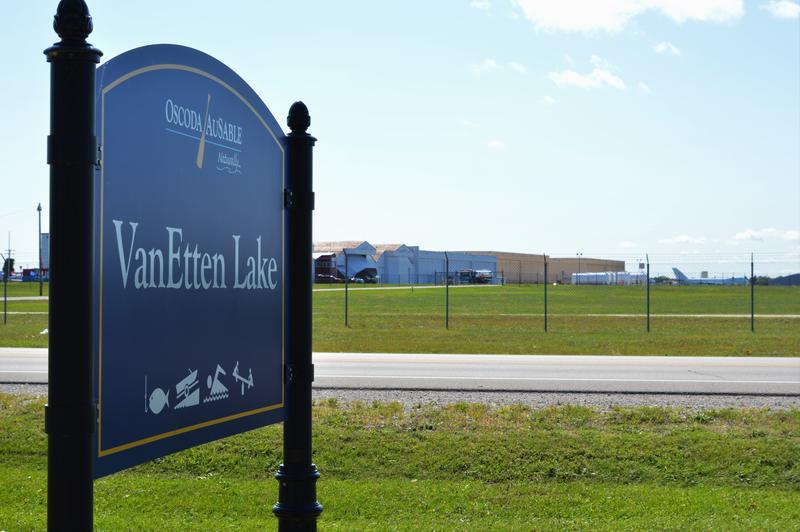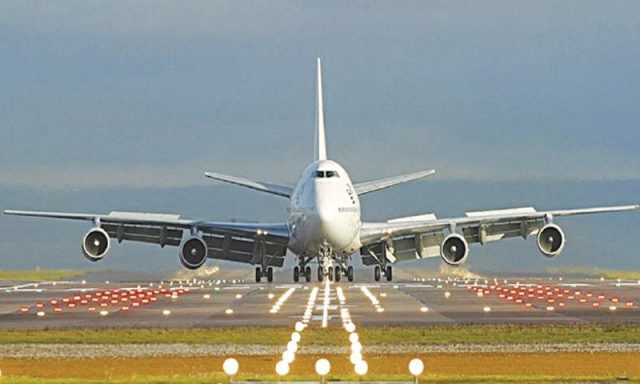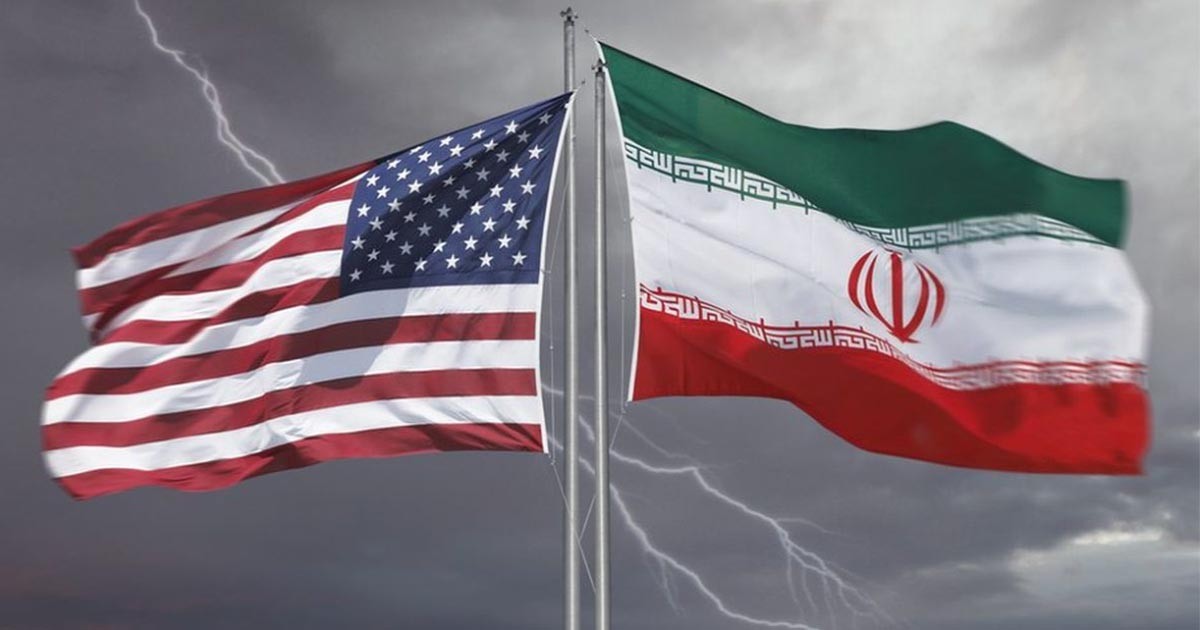News Analysis |
The opposition benches put forward a resolution for the authorities to act against individuals involved in selling contaminated bottled water. Deputy opposition leader of the Punjab Assembly, Muhammad Sibtain Khan of Pakistan Tehreek e Insaf, put the motion forward.
Read more: Human life wilts under chronic Thar crisis
Mr. Khan quoted an investigative report that said that there are 104 production units currently distributing polluted water in bottles to consumers in Punjab and demanded that the house take necessary measures against the grave situation.He said that people believe it to be safe drinking water. “These distributors are deceiving people and risking their lives,” he said.
In January 2017, Pakistan Council of Research in Water Resources (PCRWR) had declared 42 mineral water brands unsafe for drinking due to chemical and microbiological contaminations. Another report, as cited by Mr. Khan, said that 10-15% of the content in this water was contaminated and unsafe to consume.
Shutting down unhealthy bottled water production and distribution resolves a tiny fraction of the larger dilemma, but it is still a step in the right direction nevertheless.
These contaminations lead to illnesses such as diarrhea, cholera, dysentery, hepatitis, and typhoid among other diseases. According to research conducted by the Consumer Police, a qualitative analysis think tank, the components of bottled waters are set in two categories. Sodium, Calcium, and Potassium that are beneficial elements and Bacteria (biological contamination), Arsenic and Turbidity that are the harmful ones.
Read more: No Water? You must be talking of Karachi; No its Islamabad…
According to this analysis, Springley (Qarshi), Purelife (Nestle) and Sparkle Water (Sparkle) are the only bottled water brands that operate above safe levels with the least amount of contaminations.
In August 2017, the Pakistan Standards and Quality Control Authority (PSQA) banned 11 brands including New Premier, Natural Pure Water, Livon, Fresh Life, Al-Shalal, Aqua Gen, Vey, Smart Mineral Water, Al-Sahar, Douro and Do Aab water that were found to be unsafe due to chemical and microbiological contaminations. These brands were distributed mostly in areas of Punjab.
Read more: Majority of Pakistanis forced to consume contaminated water
In light of the current resolution presented in the Punjab assembly, it is essential to discuss the hazards of contaminated water and the ratio of diseases. Enlisted below are some facts compiled by an independent publication that highlights the plight of water-borne diseases:
- An estimated 250,000 children in Pakistan under the age of 5 years die every year due to water-borne diseases.
- Water-borne diseases are causing Pakistan’s economy $1.3 billion dollars every year. Contaminated water is one of the biggest sources in the spread of diseases.
- 40% of all illnesses are caused by water-borne diseases with diarrhea being the leading cause of death in children. To highlight the peril: 150,000 cases of diarrhea were reported in Sindh in 2015, 88% of which were due to contaminated water. Water-borne diseases like Cholera, Typhoid, Hepatitis A & E, and Diarrhea are widespread in the country. Not only do people in rural areas face this menace but the people in congested urban centers also suffer from water-borne diseases.
- WHO reports that 25%-30% of all hospital admissions are connected to water-borne bacterial and parasitic conditions with 60% of infant deaths caused by water-borne infections.
- 58% of people do not have access to clean drinking water.
- Bacterial contamination is a result of leaking pipes and pollution from sewage pipes.
- The contamination of streams and rivers comes from the toxicity runoff from the industries and production units. These units are usually built in suburban areas, which pollute the water sources going in and out of cities and nearby rural settings.
Mr Khan quoted an investigative report that said that there are 104 production units currently distributing polluted water in bottles to consumers in Punjab.
Polluted water in Pakistan has now become one of the dangers that need to be catered to immediately, and ironically have little to no attention from relevant authorities. Shutting down unhealthy bottled water production and distribution resolves a tiny fraction of the larger dilemma, but it is still a step in the right direction nevertheless.














